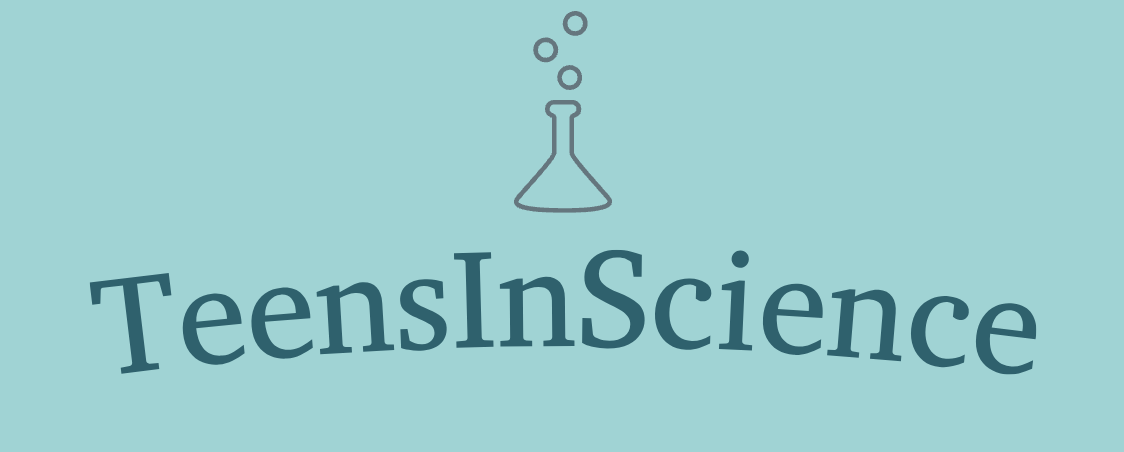How Music Affects the Brain
This article will talk about music's grand impact on the human brain.
Date Published: 10/19/25
Introduction
Music is a universal language that touches every corner of the human experience. Whether it's a catchy pop tune or a soothing classical piece, music has amazing effects on the brain. Scientists have studied these effects for years, uncovering fascinating connections between music and cognition, emotion, and even physical health.
The Brain on Music
When we listen to music, multiple areas of the brain light up. The auditory cortex processes sound, while the limbic system--responsible for emotions--reacts to the mood of the music. The prefrontal cortex, which governs decision-making and planning, helps interpret lyrics and melodies. This widespread brain activity explains why music can trigger memories, evoke strong emotions, and even influence behavior.
Music and Emotion
Music has a unique ability to stir emotions. Listening to upbeat songs can release dopamine, the "feel-good" neurotransmitter associated with pleasure and reward. In contrast, slow, melancholy tunes may evoke nostalgia or sadness. Music therapy often uses these emotional effects to help patients manage anxiety, depression, and trauma.
Boosting Brainpower
Studies show that music can enhance cognitive functions like memory, attention, and problem-solving. The "Mozart Effect," a popular theory, suggests that listening to classical music temporarily boosts spatial-temporal reasoning. While the effect may not be permanent, music can create an optimal mental state for learning and creativity.
Physical Health Benefits
The benefits of music extend beyond the mind. Listening to relaxing music can lower heart rate, reduce blood pressure, and ease pain by triggering the body’s relaxation response. In rehabilitation settings, rhythmic music aids movement and coordination, especially for patients recovering from strokes or dealing with Parkinson's disease.
Conclusion
Music’s impact on the brain is both deep and far-reaching. It influences emotions, sharpens the mind, and even promotes physical healing. As research continues to uncover the power of music, its role in therapy, education, and everyday life becomes more evident. Whether you’re studying, relaxing, or just enjoying a favorite song, your brain is dancing to the rhythm.
Works Cited
“The Neurochemistry of Music.” Trends in Cognitive Sciences, 2013, https://www.sciencedirect.com/science/article/pii/S136466131300022X.
“Music and Health: What You Need to Know.” National Center for Complementary and Integrative Health, U.S. Department of Health and Human Services, 2019, https://nccih.nih.gov/health/music-and-health-what-you-need-to-know.
"Music Therapy and Stress Reduction in Adults: A Review." International Journal of Stress Management, 2007, https://psycnet.apa.org/doi/10.1037/1072-5245.14.4.329.
"This Is Your Brain on Music: The Science of a Human Obsession." Dutton, 2006, https://www.penguinrandomhouse.com/books/155254/this-is-your-brain-on-music-by-daniel-j-levitin/.
